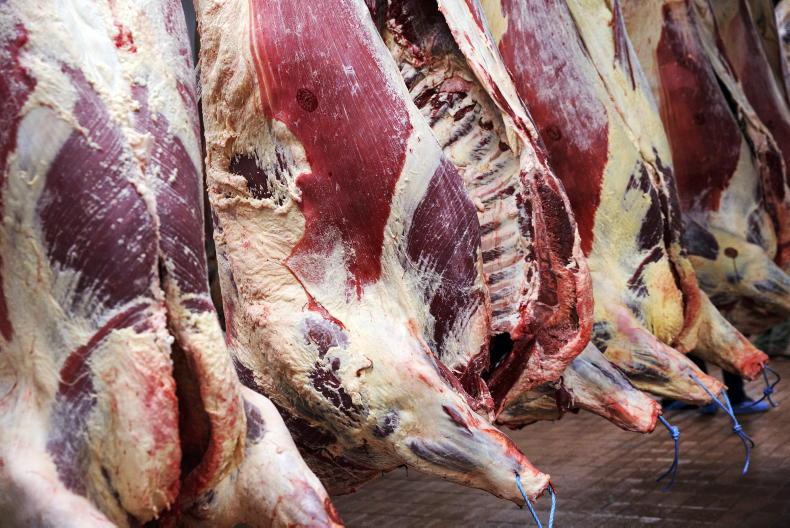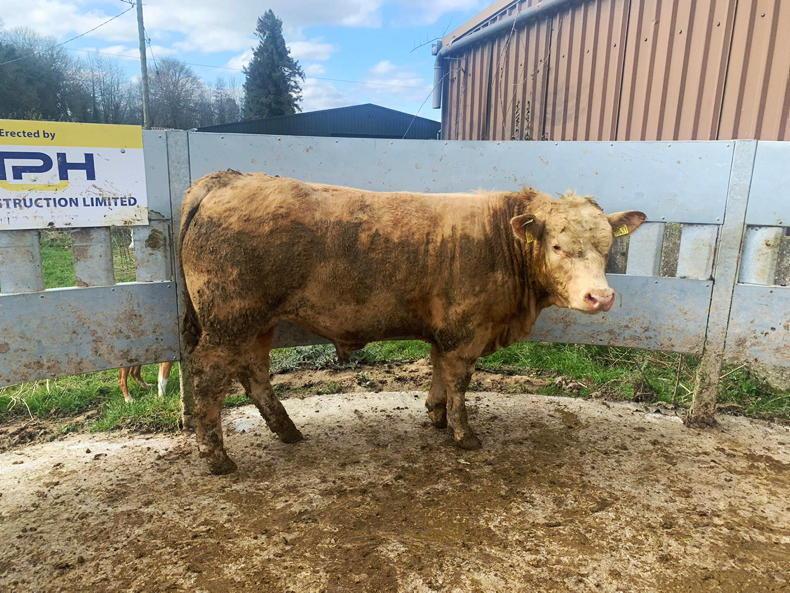Members of Farmers For Action (FFA) and the NI Agricultural Producers’ Association (NIAPA) briefed MLAs on the Stormont Agriculture committee last Thursday on their plans for minimum farm gate pricing legislation.
The proposed Farm Welfare Bill put forward by the two groups would involve setting up an eight to 12-member panel that would maintain an index of minimum prices to be paid for each class of produce in NI.
The index would be set annually, reflecting costs of production on the most efficient 10% of farms in NI, and would also build in a margin “consistent with long term viability of farming businesses”.
According to William Taylor of FFA, if you take average prices for the main commodities over the last five years, these prices would need to rise by 60% to cover costs and add a margin.
He maintains that bringing in the legislation would benefit the wider rural economy, allow farmers to invest in farm safety, encourage young people into the industry, and overall, create 20,000 jobs in NI.
FFA in NI has been lobbying for farm gate pricing legislation since 2013, but has generally failed to get DAERA officials onside. “They [DAERA] keep pushing back, and we are concerned they are very much influenced by the processor side” said Taylor.
Taylor was also critical of large retailers who he believes “have worked out that they can keep farmers working on a bowl of rice per week”.
The two farm lobby organisations want the committee to take forward the bill at Stormont, and state that in general, the response they received from MLAs was favourable.
“No question there is a massive imbalance in the supply chain, and this bill would go some way to address that” said Sinn Fein committee chair, Declan McAleer.
“The bill is timely and deserving of support. We need to tackle the power of the big retailers driving down prices while driving up their own profits” added DUP MLA Maurice Bradley.
The committee have passed the draft bill to DAERA for comment.
Read more
UFU pours cold water on minimum prices
Vegans asked how many worms die during vegetable production
Members of Farmers For Action (FFA) and the NI Agricultural Producers’ Association (NIAPA) briefed MLAs on the Stormont Agriculture committee last Thursday on their plans for minimum farm gate pricing legislation.
The proposed Farm Welfare Bill put forward by the two groups would involve setting up an eight to 12-member panel that would maintain an index of minimum prices to be paid for each class of produce in NI.
The index would be set annually, reflecting costs of production on the most efficient 10% of farms in NI, and would also build in a margin “consistent with long term viability of farming businesses”.
According to William Taylor of FFA, if you take average prices for the main commodities over the last five years, these prices would need to rise by 60% to cover costs and add a margin.
He maintains that bringing in the legislation would benefit the wider rural economy, allow farmers to invest in farm safety, encourage young people into the industry, and overall, create 20,000 jobs in NI.
FFA in NI has been lobbying for farm gate pricing legislation since 2013, but has generally failed to get DAERA officials onside. “They [DAERA] keep pushing back, and we are concerned they are very much influenced by the processor side” said Taylor.
Taylor was also critical of large retailers who he believes “have worked out that they can keep farmers working on a bowl of rice per week”.
The two farm lobby organisations want the committee to take forward the bill at Stormont, and state that in general, the response they received from MLAs was favourable.
“No question there is a massive imbalance in the supply chain, and this bill would go some way to address that” said Sinn Fein committee chair, Declan McAleer.
“The bill is timely and deserving of support. We need to tackle the power of the big retailers driving down prices while driving up their own profits” added DUP MLA Maurice Bradley.
The committee have passed the draft bill to DAERA for comment.
Read more
UFU pours cold water on minimum prices
Vegans asked how many worms die during vegetable production










SHARING OPTIONS